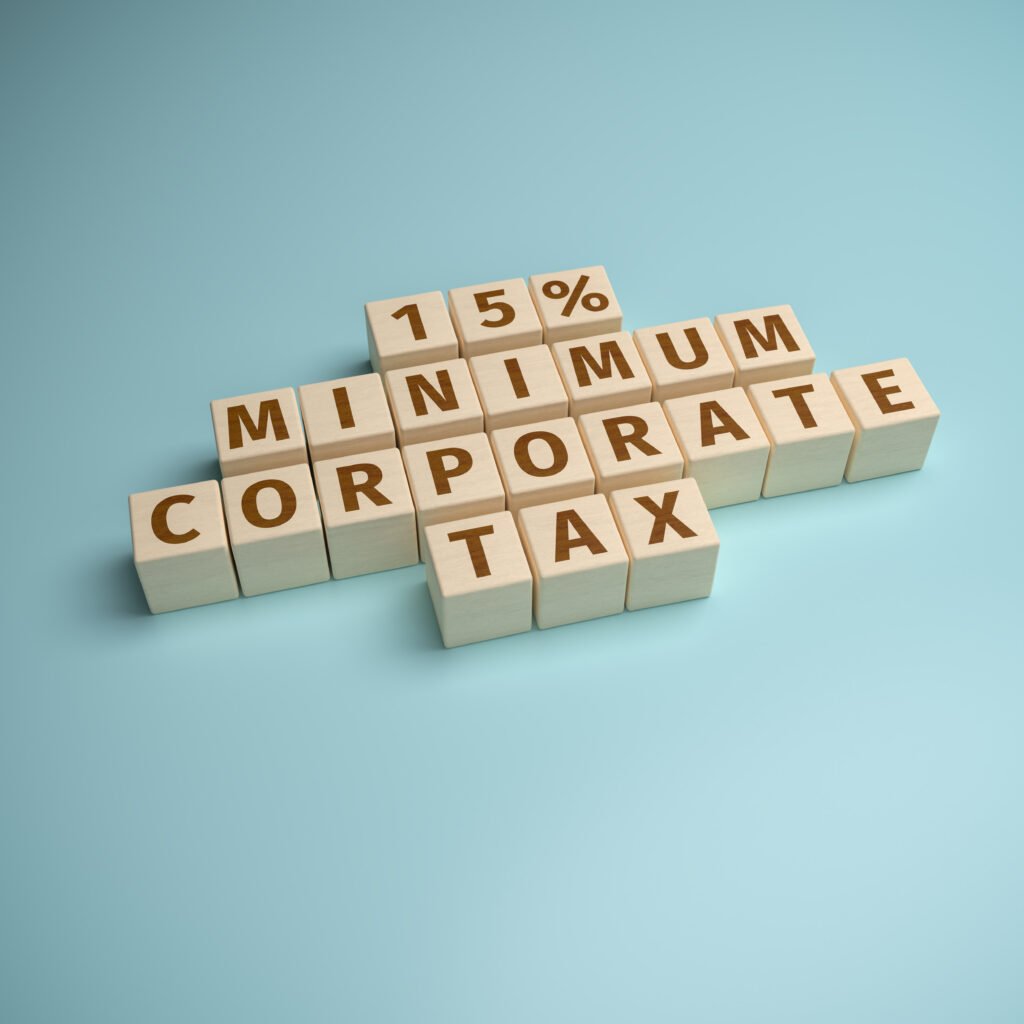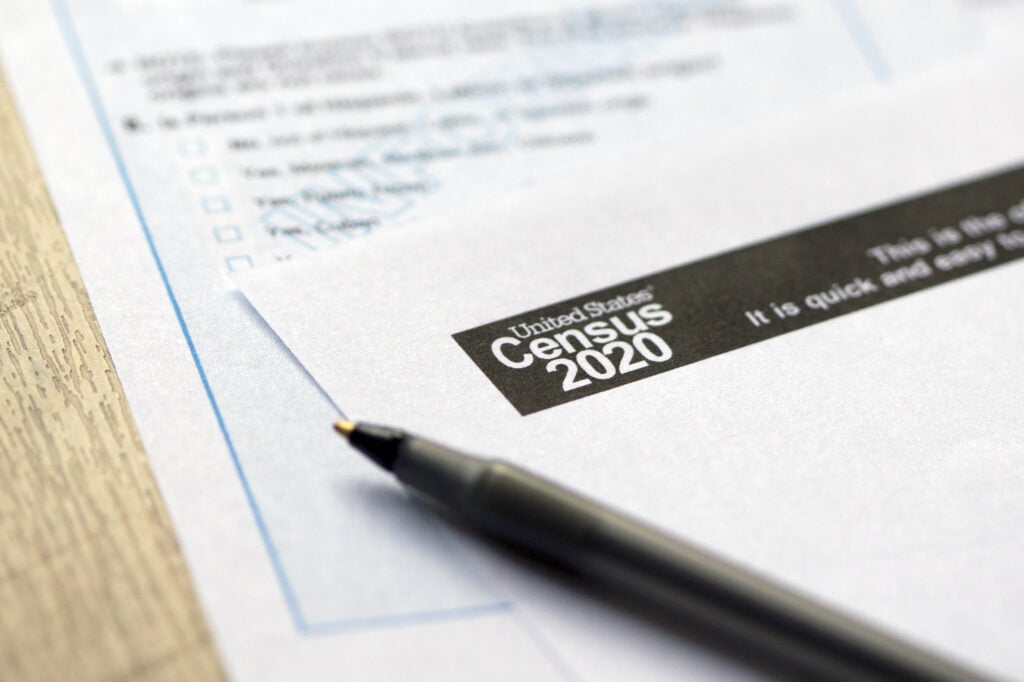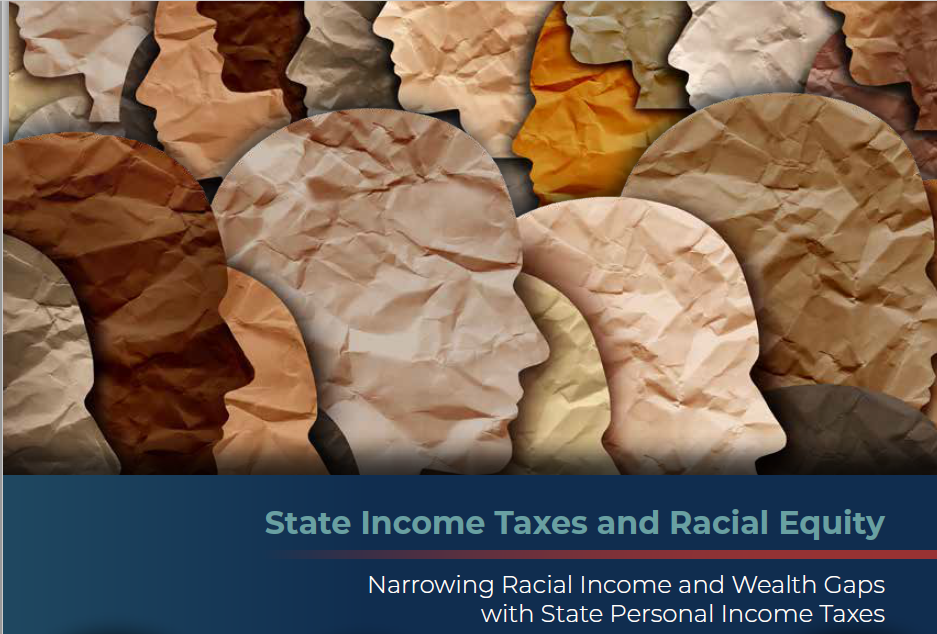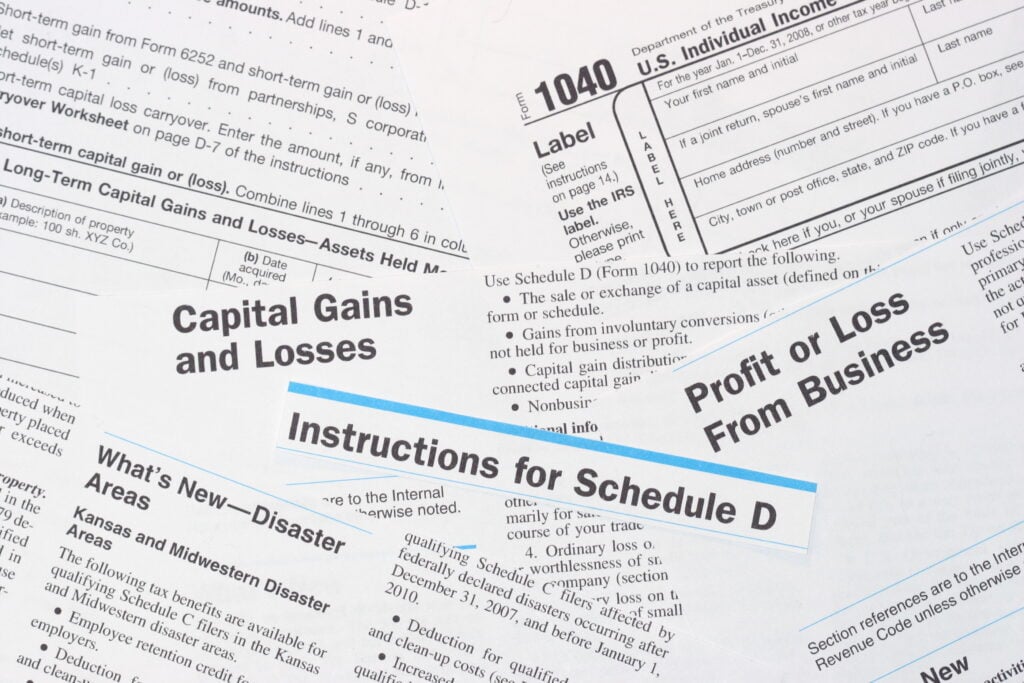
Recent Work
2146 items
America’s Richest Would Finally Pay Taxes on Most of Their Income Under Wyden’s Billionaires Income Tax
October 27, 2021 • By Steve Wamhoff

While the Ways and Means bill includes many helpful tax reforms, people like Jeff Bezos and Elon Musk would still pay an effective tax rate of zero percent on most of their income if it was enacted without this change. Sen. Wyden’s proposal would finally end this injustice.
Oklahoma Policy Institute: A Budget and Tax Roadmap for Oklahoma
October 27, 2021 • By ITEP Staff
A more just tax system will level the playing field for all Oklahomans, providing more opportunity to save and build wealth. It will also benefit the economy, as equal opportunity for individuals expands the economy as a whole. The state must continue providing and expanding shared services that are often lifelines for low-income individuals, but […]
Senate Democrats’ Corporate Minimum Tax Could Address the Worst Corporate Tax Dodging
October 27, 2021 • By Steve Wamhoff

There is no reason corporations reporting hundreds of millions, but not billions, of dollars in profits to their shareholders should be allowed to avoid paying taxes. Nonetheless, the corporate minimum tax is a huge step forward and a valuable component of the Build Back Better plan.
Boosting Incomes and Improving Tax Equity with State Earned Income Tax Credits in 2021
October 21, 2021 • By Aidan Davis

The EITC benefits low-income people of all races and ethnicities. But it is particularly impactful in historically excluded Black and Hispanic communities where discrimination in the labor market, inequitable educational systems, and countless other inequities have relegated a disproportionate share of people to low-wage jobs.
Federal Tax Reform Would be a Step in the Right Direction for Millennials of Color
October 18, 2021 • By Brakeyshia Samms

Currently, millennials of color are worse off than their parents when it comes to wealth expectations. So, if one of the goals of federal policymakers is to reduce racial income and wealth disparities, the proposals outlined are a good start. Tax reforms included in the budget package making its way through Congress would help by boosting incomes and making raising children more affordable—two things that would help millennials of color thrive in today’s economy.

The Census has changed the way it asks questions in the past and can choose to do so again in the future. As the Biden administration makes data a central part of its plan to achieve greater racial equity, it has an opportunity to implement research-backed changes that will improve our understanding of race and ethnicity in the United States, and in turn, our ability to draw meaningful conclusions about how our tax laws impact tax filers of different races.
Investment Income and Racial Inequality
October 14, 2021 • By Emma Sifre, ITEP Staff, Joe Hughes

Congress has a historic opportunity to fix the way the preferential treatment of investment income widens the racial wealth gap and to strive toward a racially equitable tax code.
Limiting Tax Breaks for Capital Gains Would Mitigate the Racial Wealth Gap
October 14, 2021 • By Joe Hughes

The racial wealth and income gaps are the results of centuries of government policies favoring the accumulation of wealth among white communities while marginalizing communities of color. Policy solutions that are race-forward, meaning they remedy past and ongoing racial inequities, can also address broader social inequities.

The release of the ‘Pandora Papers’ showed once again that states and their tax systems play an important role in wealth inequality, and in this case, worsening it...
Arkansas Advocates for Children and Families: Proposed Cuts to the Top Tax Rate Are Costly and Heavily Favor the Rich
October 8, 2021 • By ITEP Staff
As the Arkansas Legislature concludes the 2021 general session, our attention must turn to the special session they are preparing to begin to discuss personal income tax cuts. Although income tax cuts may sound like something everyday Arkansans would welcome, when we examine the details, it turns out most Arkansans will be getting a bad […]
State Income Tax Reform Can Bring Us Closer to Racial Equity
October 4, 2021 • By Carl Davis, ITEP Staff, Marco Guzman

To pave the way for a more racially equitable future, states must move away from poorly designed, regressive policies that solidify the vast inequalities that exist today.
State Income Taxes and Racial Equity: Narrowing Racial Income and Wealth Gaps with State Personal Income Taxes
October 4, 2021 • By Carl Davis, Jessica Schieder, Marco Guzman

10 state personal income tax reforms that offer the most promising routes toward narrowing racial income and wealth gaps through the tax code.

One of the few industries to excel during the economic downturn brought on by the pandemic has been the marijuana business, and lawmakers around the country are taking notice as they try to ensure that sales in their state are both legal and subject to tax...
The Billionaires’ Income Tax Is the Latest Proposal to Reform How We Tax Capital Gains
September 28, 2021 • By Steve Wamhoff

When people first hear about proposals to tax unrealized capital gains, they often ask, “Is this income, and if so, should we tax it?” The answers to those questions are “yes” and “yes, when we are talking about the very rich.”
Reforming Federal Capital Gains Taxes Would Benefit States, Too
September 28, 2021 • By Carl Davis

Congress’s action or inaction on federal tax changes under consideration in the Build Back Better plan could have important implications for states on many fronts. One critical area of note is at the foundation of income tax law: setting the definition of income that most states will use in administering their own income taxes.
